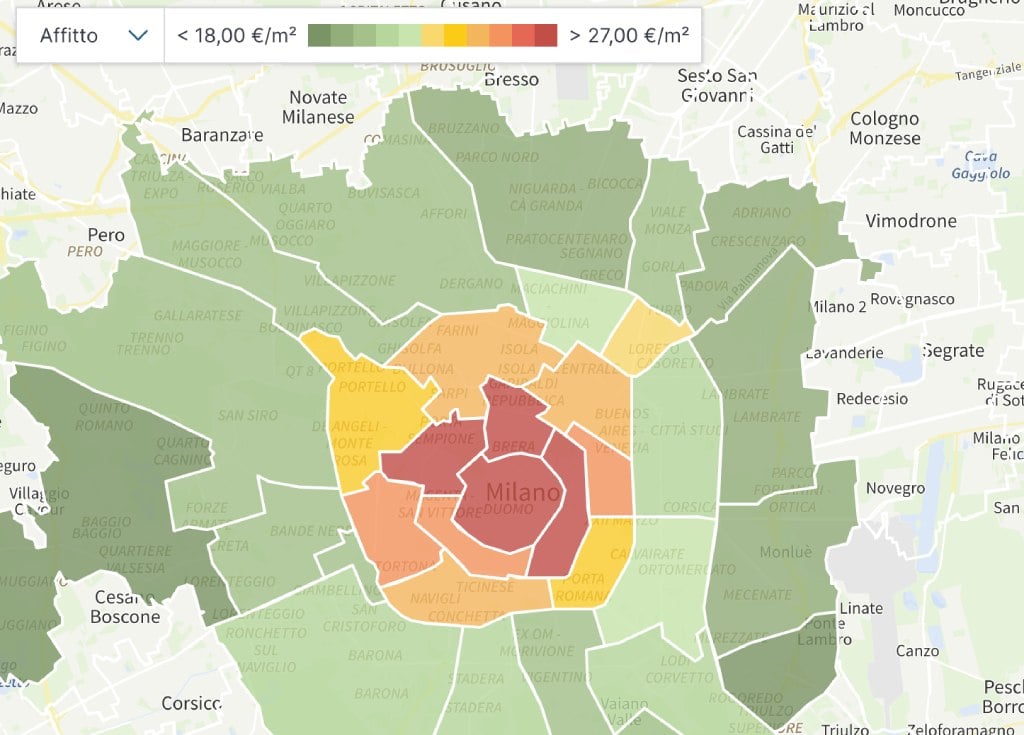Under the headline 'Red Alert', the newspaper said the financial situation of the 20 elite clubs had significantly worsened from the previous season, when total losses reached 240 million euros.
The figures reported do not include those of Parma, who went bankrupt near the end of last season, but they do include huge losses made by Inter Milan (€140 million), AC Milan (€91 million) and AS Roma (€41 million).
Overall turnover remained stable, up €40 million to a total of €1.84 billion, but spending increased to a combined €2.4 billion, with more than half going on salaries.
Only seven clubs announced modest profits, including €10.6 million at Torini, €2.3 million at champions Juventus and €5.8 million at Lazio.
The financial difficulties of the two Milan giants are nothing new and are likely to continue if they once again fail to qualify for next season's Champions League.
Inter are currently fifth, five points off the top three, and their Indonesian owner Erick Thohir has confirmed he is on the lookout for new investors.
Milan are one point behind in sixth and are still awaiting the €480 million promised by Thai Bee Taechaubol for the sale of a 48 percent stake in the Rossoneri.
However, an increase of 20 percent in television revenue for the current cycle, from 2015 to 2018, could lead to an improvement in the situation.
From the 2018/19 season, Italy is set to bring in new financial fair-play rules similar to those applied by Uefa.
The rules will lead to punishments for clubs who fail to balance their books, such as bans on signing players and even bans from taking part in the league.





 Please whitelist us to continue reading.
Please whitelist us to continue reading.
Member comments